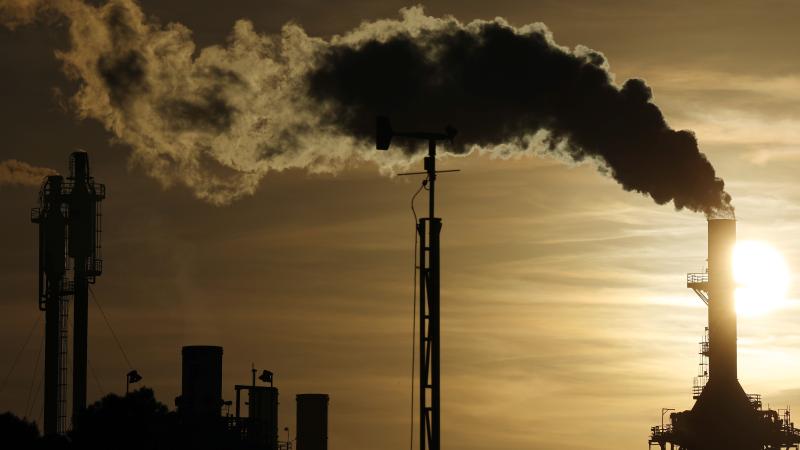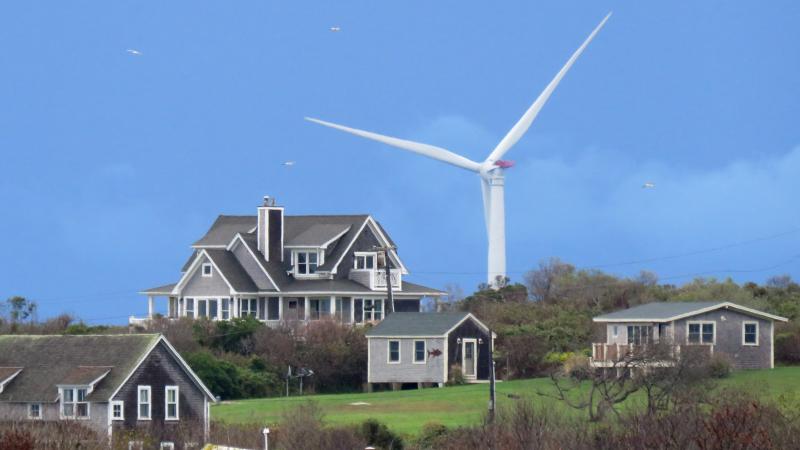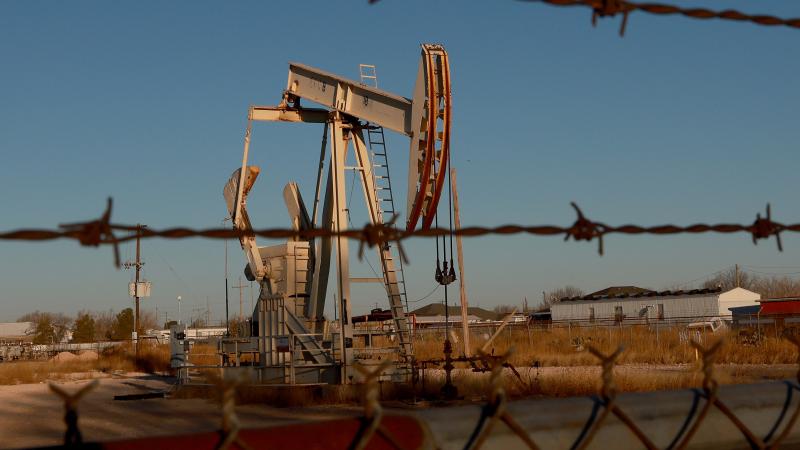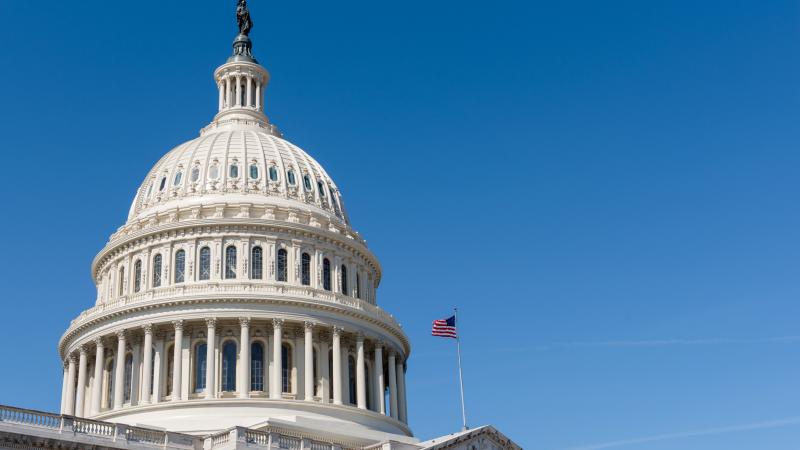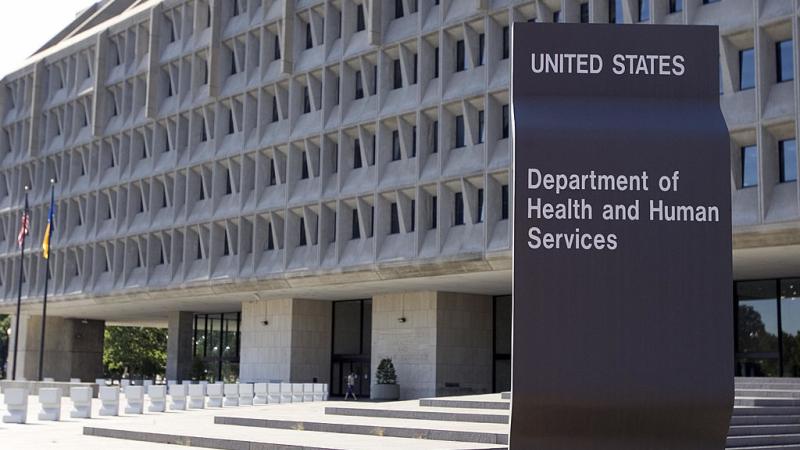Texas leads 23-state coalition to block EPA methane tax
Texas produces the greatest volume of petroleum and marketed natural gas and would likely be disproportionately impacted by the tax.
Twenty-three states, led by Texas, have sued the Environmental Protection Agency over a new rule it finalized in accordance with a law passed by Congress. The rule creates a methane tax and targets the U.S. oil and natural gas industry.
Texas produces the greatest volume of petroleum and marketed natural gas and would likely be disproportionately impacted by the tax.
In 2022, Congress passed the Inflation Reduction Act, which President Joe Biden signed into law. The law created the Methane Emissions Reduction Program (MERP) to tax the oil and natural gas industry based on the amount of methane emissions released by the industry. In response, the EPA promulgated a rule to implement MERP, which is set to go into effect on Jan. 17.
On Thursday, a multi-state coalition sued the EPA in the U.S. Court of Appeals for the District of Columbia petitioning the court to declare the rule unlawful and vacate it. The coalition argues the rule exceeds the EPA’s statutory authority, is arbitrary, capricious, an abuse of discretion and not in accordance with the law.
The EPA’s final rule, “Waste Emissions Charge for Petroleum and Natural Gas Systems: Procedures for Facilitating Compliance, Including Netting and Exemptions,” was published last November in the Federal Register.
It affects “certain owners or operators of facilities in certain segments of the petroleum and natural gas systems industry that report more than 25,000 metric tons (mt) of carbon dioxide equivalent (CO2e).” It lists impacted industry segments as “offshore petroleum and natural gas production, onshore petroleum and natural gas production, onshore natural gas processing, onshore gas transmission compression, underground natural gas storage, liquefied natural gas storage, liquefied natural gas import and export equipment, onshore petroleum and natural gas gathering and boosting, and onshore natural gas transmission pipeline.”
The IRA passed the U.S. Senate solely along party lines, with Vice President Kamala Harris casting the tie-breaking vote.
The rule was promulgated after the EPA published a report noting that emissions in the industry were down by 44% nationwide in the top oil and natural gas producing basins, led by Texas, The Center Square reported.
According to the EPA’s Greenhouse Gas Reporting Program, methane emissions dropped in seven oil- and natural gas-producing basins by up to 87% from 2019-2023.
The drop occurred as U.S. domestic producers, led by Texas, broke records over the past few years, producing “more crude oil than any country, ever,” according to the U.S. Energy Information Agency, The Center Square reported.
A new S&P Global Commodity Insights analysis shows that methane emissions from oil and natural gas production operations in the Permian Basin alone decreased 26% in one year, equal to the total amount of carbon emissions avoided by every electric vehicle on the road in the U.S. last year, the Texas Oil & Gas Association points out.
Joining Texas in the lawsuit are the attorney generals representing North Dakota, West Virginia, Alabama, Arkansas, Florida, Georgia, Idaho, Indiana, Iowa, Kansas, Kentucky, Mississippi, Missouri, Montana, Nebraska, Oklahoma, South Carolina, South Dakota, Tennessee, Utah, Virginia and Wyoming.
With a Republican majority, Congress could repeal the IRA; many EPA rules and regulations are expected to be rescinded by the Trump administration.

